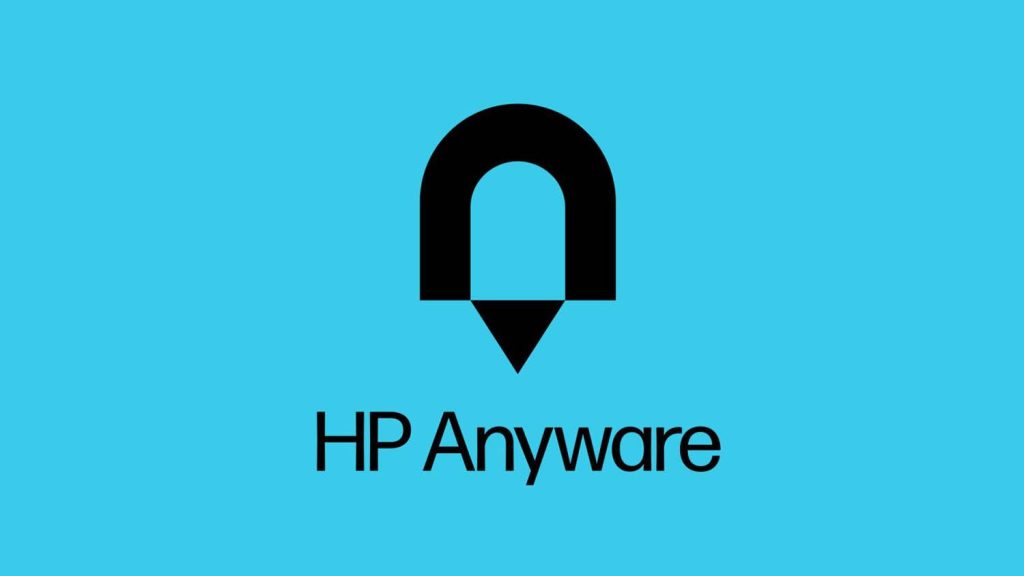Teradici and HP have launched the beta of HP Anyware, an enterprise-class remote graphics solution that combines Teradici CAS with HP ZCentral Remote Boost. The announcement follows the acquisition of Teradici by HP in 2021and lays the foundations for a full product launch in summer 2022.
HP Anyware uses Teradici CAS as its base software foundation and, in many ways, is simply the next generation of Teradici’s well respected remoting software, augmented with select features from ZCentral Remote Boost.
It uses the PCoIP protocol to stream ‘highly interactive’ desktop displays between hosts and end-user devices, pixel by pixel, securely. It is well suited to CAD and BIM software and other demanding 3D applications.
It places a big emphasis on colour accurate ‘lossless’ image quality, supports multiple 4K/UHD displays, plus a range of peripherals with ‘low-latency performance’, including Wacom pen displays / tablets and 3D mice.
HP Anyware scores highly for its broad host support. This includes physical workstations or virtual machines (on premise or in the cloud) running Windows, Linux or macOS. Workstation desktops can be accessed remotely from a range of end-user devices (PC, Mac, laptop, tablet, thin and zero clients).
The first (22.07) release of HP Anyware will be augmented with two key features from HP ZCentral Remote Boost – collaboration and user control.
For collaboration, multiple users can join the same session and work together in real time, as Ziad Lammam, global head of Teradici product management, HP explains. “As a creator, for example, I’ll be able to invite another collaborator that could be located anywhere, by sending an invitation link. They’ll be able to click on that, connect, and then visualise the same content I’m sharing in a high-performance way, all using the PCoIP protocol.
“We will continue to expand how much we can do in future releases by allowing more users to collaborate, more interactivity, that kind of thing.”
To add more control to a remote session, Lammam explains that users will be able to tune the experience and performance to meet their specific needs through an easy-to-use interface.
HP already has plans in place to add new functionality in future updates, which will be delivered four times a year. This includes extending the management capabilities of HP Anyware Manager, a connection management plane designed to simplify the management of secure user access to desktops. “We’ll be adding things like the ability to schedule time on a shared workstation, for example,” says Lammam.
“I think we’re looking at some health monitoring capabilities as well, and then, of course, just making sure we can support the full gamut of physical workstations, and the different GPUs that would be used on those physical machines,” he adds.
Future releases will also include enhanced security with ‘zero trust architectures.’






